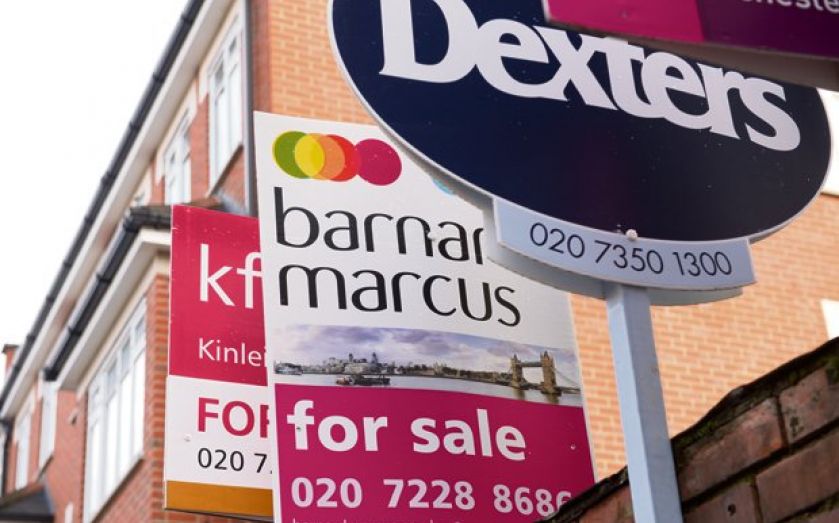Why the housing crisis is clobbering London businesses

THE HOUSING crisis is the biggest challenge facing London. For the first time ever, it is now Londoners’ top concern. For low and middle income Londoners, home ownership is increasingly out of reach, rents consume an ever increasing percentage of their income, and homelessness is rising. But the crisis is also seriously damaging the competitiveness of London businesses.
The CBI ranked housing as the greatest threat to London’s role as an international business centre last year. Multinationals like Vodafone are struggling to hire senior managers in London because of the high cost of housing. And with average house prices predicted to reach £600,000 by 2018, it is set to get worse.
Our businesses depend on the capital being an attractive place to live and work. I know from my time running my own London law firm that it’s vital we draw the best talent from the UK and around the globe. But with average rents now consuming more than half of the average income, people are beginning to think twice before moving here. House prices are far lower, in real terms and as a percentage of income, in other UK cities and in many of our global competitors.
The problem is particularly acute for companies based in the centre of the capital. As Londoners are forced ever further into the suburbs by rising house prices, the daily commute into Zone 1 becomes much less attractive. And as well as damaging competitiveness, the housing crisis is sucking demand out of London’s economy. Londoners spent a staggering £13.1bn on rent last year. As rents rocket, billions are diverted from savings or from the London companies with which the money would otherwise be spent.
We can only tackle this crisis by increasing supply. Under David Cameron, house building has fallen to the lowest level since 1924. We need strong leadership to get Britain and London building. Ed Miliband has committed to building 200,000 homes a year by the end of the next Parliament and has appointed Sir Michael Lyons to deliver a road map for achieving this. There are important policy changes we should enact: a “right to grow” to stop local authorities vetoing nearby projects; “use it or lose it” to facilitate the compulsory purchase of landbanked sites; a reduction in the red tape that stops councils building; and kick-starting the next generation of New Towns and Garden Cities around London.
But building takes time. There are measures Labour would take from day one – which the government could enact now – to limit the damage to businesses. We would require developers to advertise properties in the UK before they are marketed abroad. We would make renting more affordable by regulating letting agencies and bringing an end to rip-off fees. We would tackle “buy-to-leave” by closing legal loopholes and doubling the extra council tax authorities can charge on empty properties where owners are not flooded out.
London businesses must be more engaged with the housing crisis. Our competitiveness will continue to suffer until it is solved. When companies speak, governments listen. It was pressure from business that finally made the government give the green light to HS2 and Crossrail. We now need the same concerted campaign to get London building.
Sadiq Khan is Labour’s shadow London Minister and MP for Tooting.